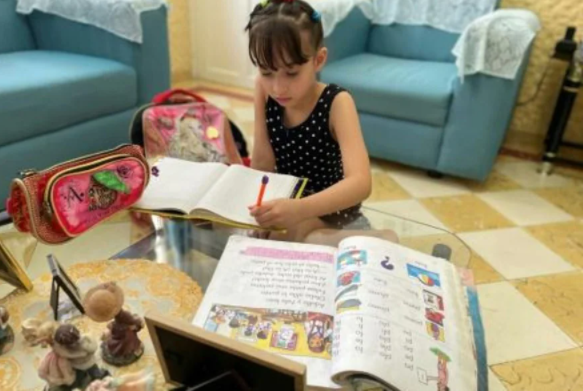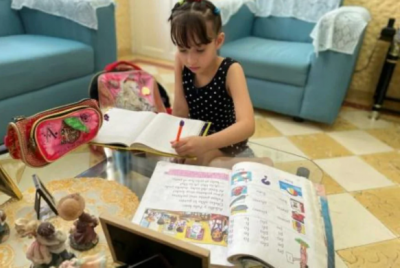On Monday, Cuba became the first country in the world to vaccinate children over the age of two against the COVID-19 virus using two locally produced vaccines that are not recognized by the World Health Organization. The communist island, with a population of 11.2 million, aims to vaccinate all its children before reopening schools that have been nearly continuously closed since March 2020. The new school year in Cuba began on Monday, but lessons are being conducted from homes through educational television programs due to limited internet access in most households.
After completing clinical trials on minors with the Abdala and Soberana vaccines, Cuba started its vaccination campaign for children on Friday, beginning with those over 12. On Monday, the vaccination campaign for ages 2 to 11 began in the province of Cienfuegos in central Cuba. Many other countries are vaccinating children over the age of 12, while some are conducting clinical trials on younger children. Nations such as China, the UAE, and Venezuela have announced their intent to vaccinate young children, but Cuba is the first in the world to take such steps.
Chile approved vaccinations for children aged six to 12 with the Chinese Sinovac vaccine on Monday. The Cuban vaccines, which are the first developed in Latin America, have not undergone international scientific review. They are based on recombinant protein technology, the same technology used in the American Novavax and French Sanofi vaccines, which are also awaiting World Health Organization approval. Unlike many other COVID-19 vaccines, these recombinant vaccines do not require ultra-cold storage.
Most schools in Cuba have been closed since March 2020, reopening briefly for a few weeks at the end of last year before being closed again in January. The Cuban government announced that schools will gradually reopen in October and November, but only after all children have been vaccinated.




